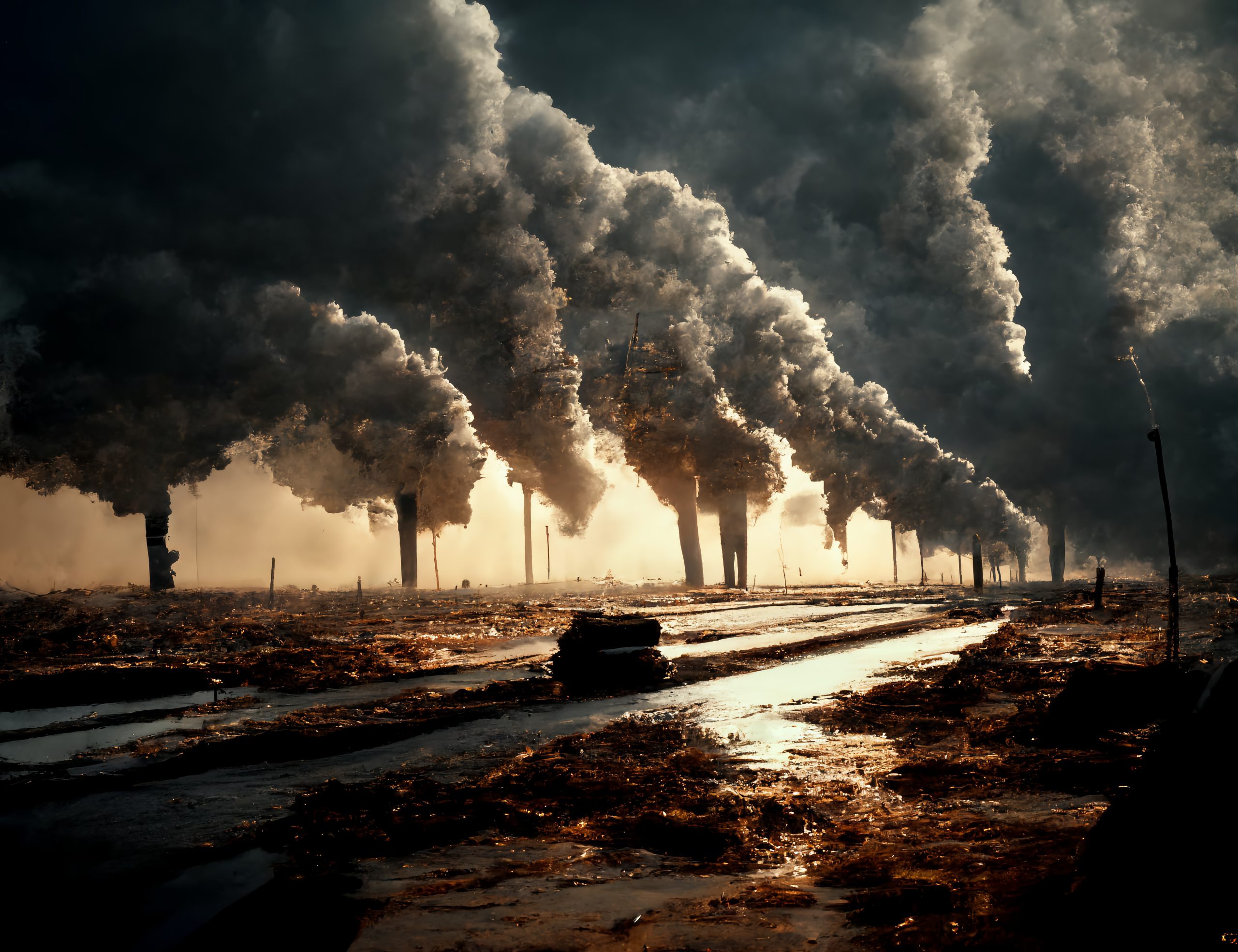In 2022, on Earth Day, a 50-year-old Buddhist named Wynn Bruce self-immolated on the steps of the United States Supreme Court Building, just as the high court was poised to weaken laws regulating carbon emissions. Bruce’s action was motivated by a deep concern about climate change.
The story of Wynn Bruce is not well known. But as it becomes clear that our political system is incapable of responding to the scale of the climate emergency unfolding before us, radical actions like Bruce’s will continue. In the coming years we are going to witness an overall escalation of activist tactics in response to the climate crisis.
In my new novel, Altar to an Erupting Sun, I explore this shift through real, historical actions as well as fictional, potential actions. My protagonist, a lifelong environmental activist named Rae Kelliher, is deeply formed by the nonviolent social change movements of the past four decades, including the efforts to stop construction of nuclear power plants, avoid a U.S. invasion of Nicaragua, and prevent construction of a fracked gas pipeline in her Boston neighborhood. In each case, she engages in unwavering tactics of nonviolent civil disobedience and witness, usually after exhausting all legal remedies to preventing harms. But facing down a diagnosis of terminal cancer as she approaches age 70, Rae engages in a shocking act, taking her own life and the life of a fossil fuel CEO whom she blames for delaying society’s response to climate change.
